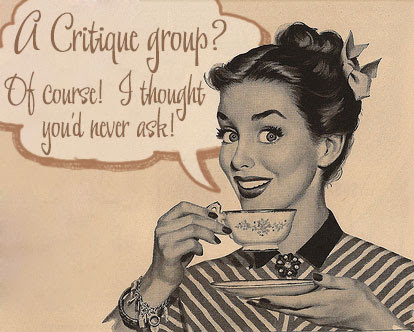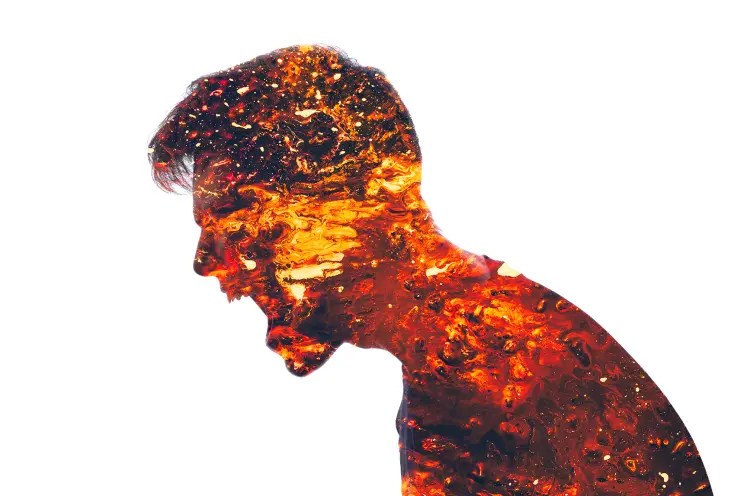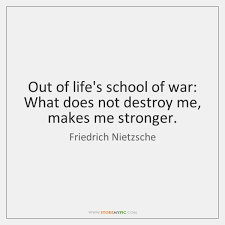I feel bad for a neighbor who is going through some stuff. I’m not going to judge her or what she may or may not have done. I am going to judge the people who showed up at her door screaming and yelling at her when she has small children inside.
I won’t go into her drama. I’m just saying – we’ve all had some, right?
Drama seems to follow some people – or does it? For some time, I felt drama followed me around like a stray dog. But like a stray dog – if you feed it, it’ll come back.
Once I got away from EVERYONE, and I mean everyone, who was into drama, gossiped, was jealous, said half assed things to me, the drama went with them.
Many, many years ago someone said to me, you are who you hang around with. They were talking about one particular girlfriend who was in trouble quite often. So, at that time, being the smart ass kid that I was, I refused to believe it.
It took me some time, sadly, to realize that you are who your friends are. Even if most of my friends were saints, I always had that one… you know the one… and I thought that really didn’t matter. They need me. I need them. They would help me hide the body.
At some point, I realized that person, or those people, don’t bring anything to my life. In fact, they take away from the quality, happiness, calm, peacefulness, so I decided to find a new crowd.
Well, not exactly. I decided I’d rather be alone than have people around me who didn’t truly care or support me. But soon I started finding real friends. Good friends. They may or may not help me hide a body, but I know they will stop me from doing stupid things, support me when I want to step out of my comfort zone. They will help when I need help and lift me when I’m down.
I’ve had enough drama to keep my journals filled and my writing sparked for the rest of my life. I don’t need anymore of that sh!t.
I checked on one of my friends recently, and she responded, “you are so incredibly kind.” And it took me a minute to see myself as she described. I mean – I have always, always attempted to be kind and giving and loving. But I was around people who did not care, people who said I did not give enough. It feels wonderful to be surrounded by those who see me, who help me to be who I want to be.
Drama can be addicting – some people live off of it, thrive off of it. They draw it in and pull others in with it. They create it through gossip and misadventure! Lie. Invent things.
One must really decide to make a change. And one must decide they’d rather be alone. Being alone can mean working on ourselves without outside interference and we all need that. And then be selective about those you include in your circle. There is nothing wrong with deciding who to fill your circle with. It’s one of the most important decisions in your life. It dictates who you want to be and who you can become.










You must be logged in to post a comment.